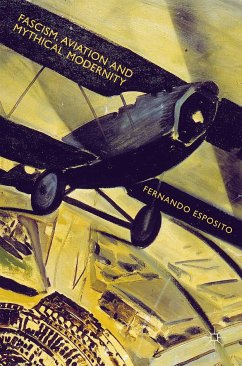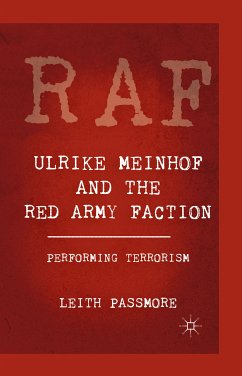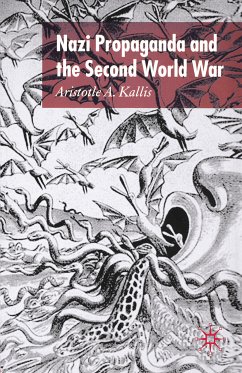"Fernando Esposito's important and complex study, based on his dissertation, picks up on the theme of machine dreams Peter Fritzsche first presented some two decades ago but seeks to integrate it with Roger Griffin's definition of Fascism as the palingenesis of the nation. ... not only students of Fascist discourse but those seeking to understand the many cultures of early aeronautics will benefit from it." (Guillaume de Syon, Journal of Modern History, Vol. 89 (3), September, 2017)
"Its profundity, sophistication and scholarship draw on and will serve academics in both the humanities and social sciences - in politics, philosophy, history, cultural studies, transport history, art and architecture, and European studies of various stripes. For transport historians, it is a signal treatment of the ideological machinations and artistic ailerons of aviation. For Italian studies, Esposito's book is a rich source of evidence and a provocative analysis of a strand of ideas andperformances that buoyed fascism." (Gordon Pirie, Journal of Modern Italian Studies, Vol. 22 (3), June, 2017)
"Fernando Esposito's book explores the centrality of aviation to inter-war fascist ideology. ... It is a valuable addition to studies on fascism and aviation, and, more broadly, will also be of interest to readers looking for sophisticated analyses of the interplay between technology and ideology." (W. Zaidi, English Historical Review, Vol. 132 (556), June, 2017)














